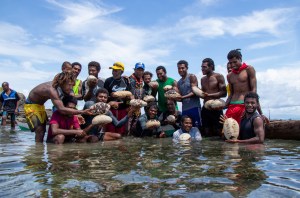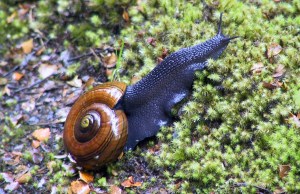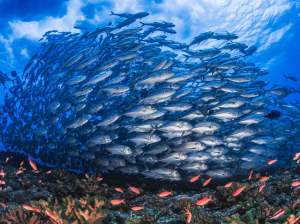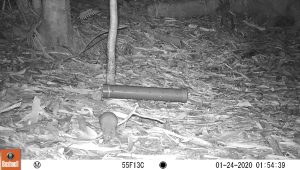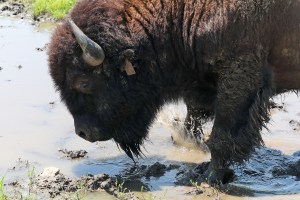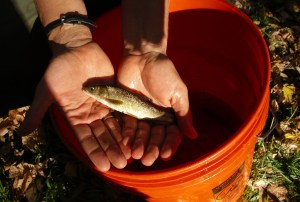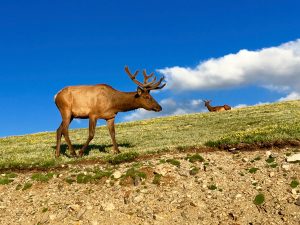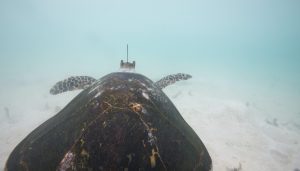Discover stories in Protected Areas
Case Study: Sustainable Sea Cucumber Fisheries Offer Both Rewards & Challenges
Sustainable fisheries can be a win-win solutions for both conservation and local communities, especially in the Indo-Pacific. But establishing them comes with unique challenges.
Strictly Protected Marine Areas Can Effectively Deter Most Industrial Fishing
Industrial fishing vessels in fully and highly protected marine areas occur about 9 times less frequently than in unprotected surrounding waters.
These Carnivorous Snails Slurp Earthworms Like Spaghetti
Meet the powelliphanta snail, a weird and wonderful New Zealand endemic that slurps earthworms like pasta.
Humboldt Penguins on the Edge
Next time you’re in need of an odd animal fact to fill a conversational lull, consider the nesting preferences of the Humboldt penguin.
Fish Aggregating Devices Could Enhance the Effectiveness of Blue Water Marine Protected Areas
Research from TNC’s Palmyra Atoll suggests fish aggregating devices could increase the time mobile species spend within blue water MPAs.
Meet the Mysterious Long-Nosed Chilean Shrew Opossum
Spoiler alert: it's not a shrew. It's a relict marsupial, and has lived in the forests of Chile's Valdivian Coast for millennia.
Quick and Dirty (Really Dirty) Guide to Bison: Keystone Species Edition
The ways bison graze, poop and wallow touch on everything about the ecology of a prairie. But well, it can be a little messy.
Star Bright: What Are Dark Sky Reserves?
In a world of artificial light, how can we protect our view of the night skies?
Savanna Fire Management Can Fund Africa’s Protected Areas
A new study finds that fire management on Africa’s savannas can generate enough carbon revenue to help fill the funding gap for protected areas.
A Survey for the Chihuahua Chub
On New Mexico’s Mimbres River, a survey for an endangered fish species.
8 Fall Nature Experiences to Enjoy
It’s a great time of year to be outside, and here are 8 natural spectacles to enjoy.
Satellite Tracking Leads to Action for Hawksbill Sea Turtles
New science on hawksbill sea turtles in the Solomon Islands provided critical information to strengthen protection for turtles on their nesting grounds.
